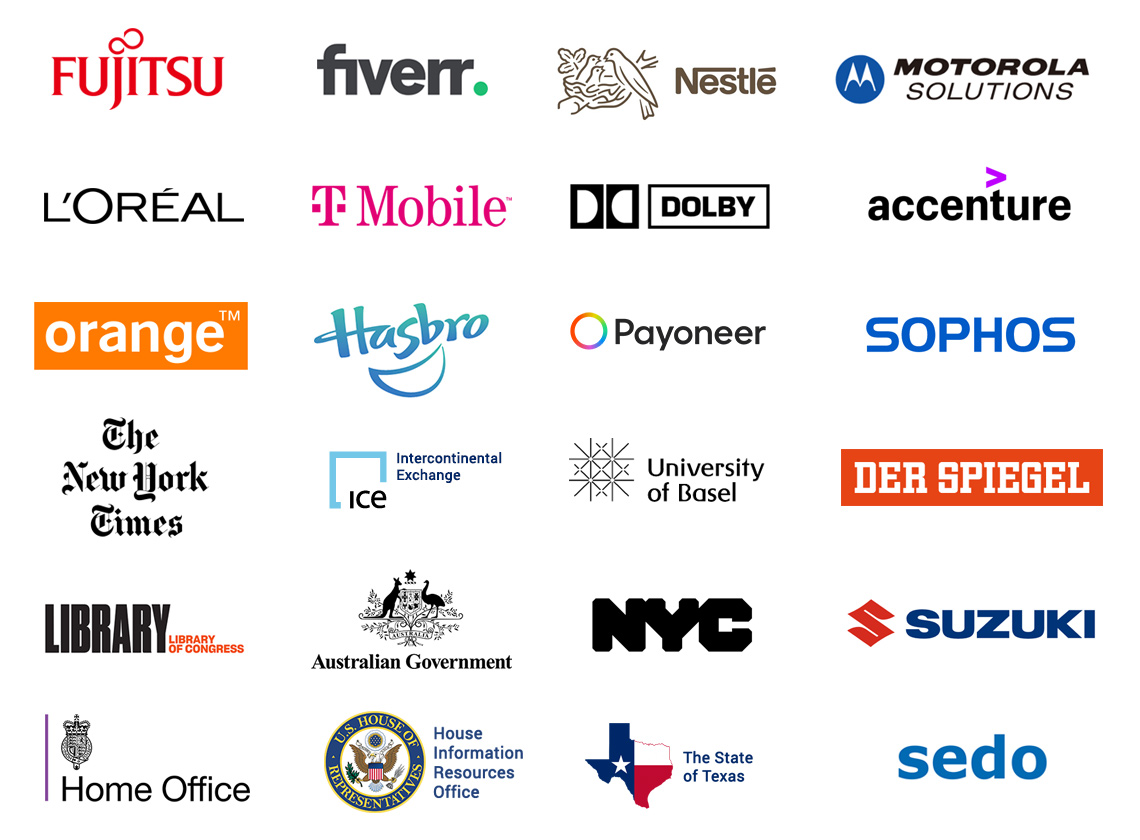TLDR: You can connect to an attachment sandbox created by me and my team via browserling.com/browse. It lets you safely download, view, and edit email attachments and other suspicious files in a remote virtual machine, ensuring complete isolation from your network and providing robust protection against cybersecurity threats.
Attachment Sandbox – What Is It?
An attachment sandbox is a secure, isolated environment used to open and analyze emails and their attachments without risking the main system or network. This cybersecurity solution allows to safely inspect potentially malicious attachments, such as malware and viruses and check suspicious email links by opening them on a remote server, thereby preventing the spread of threats across the local network.
How Does an Attachment Sandbox Work?
An attachment sandbox operates by opening each suspicious attachment in a new, disposable virtual machine. The virtual machine runs on a remote server (in the cloud) and is completely isolated from the local system and network. This isolation allows viewing and analyzing the attachment without compromising the user's actual system. Once the analysis is complete, the virtual machine, along with the attachment and any potential threats it introduced, is destroyed, ensuring no residual risk to the network or system.
Why Are Attachments Dangerous?
Attachments are considered dangerous because they often serve as a common vector for cyber threats, such as malware, viruses, ransomware that try to infiltrate systems. Cybercriminals often disguise these malicious payloads within seemingly benign files and send them as attachments, trying to steal sensitive data or gain control over systems and networks. This risk is heightened because of how easy attachments can be distributed and the potential for users to inadvertently trigger their malicious functions by opening or downloading them.
Sandbox vs Antivirus – What's the Difference?
An attachment sandbox is a cybersecurity tool that allows to isolate and analyze emails, attachments, and direct messages in a live and interactive virtual environment without risking your main system. In contrast, antivirus software scans attachments for known malware signatures and suspicious behavior patterns to prevent, detect, and remove malware. While antivirus provides real-time protection against a database of known threats, attachment sandboxes offer a proactive approach to identifying and mitigating new, unknown threats by observing their behavior in a controlled setting.
Who Needs an Attachment Sandbox?
Organizations and individuals with high security needs, such as businesses handling sensitive data, government agencies, and financial institutions, require an attachment sandbox as part of their cybersecurity defense. This tool is essential for entities at increased risk of targeted cyber attacks, phishing schemes, and advanced persistent threats, providing an extra layer of security by preemptively identifying and neutralizing unknown or sophisticated malware delivered via email or direct messaging attachments.
What Are Attachment Sandbox Use Cases?
Email Security
An attachment sandbox allows examining email attachments for malicious software, providing a safe environment to detect and neutralize threats before they reach the end user. This proactive defense mechanism is important in mitigating phishing attack risks, malware distribution, and other email-based cybersecurity threats, ensuring organizational and personal data remains secure.
Direct Message Security
Attachments received through platforms supporting direct messaging can be analyzed within a sandbox to prevent malware spread through social engineering tactics. This critical layer of security protects against sophisticated scams and cyber threats that exploit direct communication channels, ensuring the integrity of personal and corporate messaging environments.
Support Ticket Security
Attachments included in customer support tickets can be analyzed within an attachment sandbox to preemptively neutralize potential malware threats. This protection measure ensures the cybersecurity of help desk and IT support operations, safeguarding against attackers who might use seemingly innocuous support queries as vectors for cyber attacks.
Cloud Storage Security
Documents and files shared via cloud services like Dropbox or Google Drive can be viewed in a sandbox to ensure they are free of malware before being download on end-user's computer or shared with more users. This approach significantly reduces the risk of cloud-based breaches and malware propagation, safeguarding both organizational data and the integrity of shared documents.
Web Download Security
Before viewing, executing, or installing files obtained from the Internet, they can be processed through an attachment sandbox to assess their behavior and ensure they contain no hidden malware or exploits. This strategy acts as a crucial defensive layer, preventing attempts by malicious actors to compromise systems through seemingly innocuous downloads.
Unknown File Security
If you encounter an unfamiliar file whose origin or content is uncertain, using an attachment sandbox allows you to securely open and analyse it, ensuring it poses no threat to the system before any further interaction occurs.
What Is Browserling?
Browserling is a virtual browser platform that provides real-time web testing in different browsers and operating systems, and it also serves as an attachment sandbox platform. This unique combination allows users to safely inspect email attachments and files sent via direct messages for malware, as well as test websites across various browser environments for compatibility and security issues. This dual nature of Browserling helps developers, QA professionals, and cybersecurity teams ensure both website functionality and digital safety in a controlled, isolated environment.
Who Uses Browserling?
Browserling has now become the download sandbox platform of choice for IT professionals and cybersecurity experts and it's used by hundreds of thousands of users around the world every month. Browserling's customers include governments, states, cities, banks, stock exchanges, universities, newspapers, Fortune 100, Fortune 500 companies, and private multi-billion dollar companies.

Browse safe!
